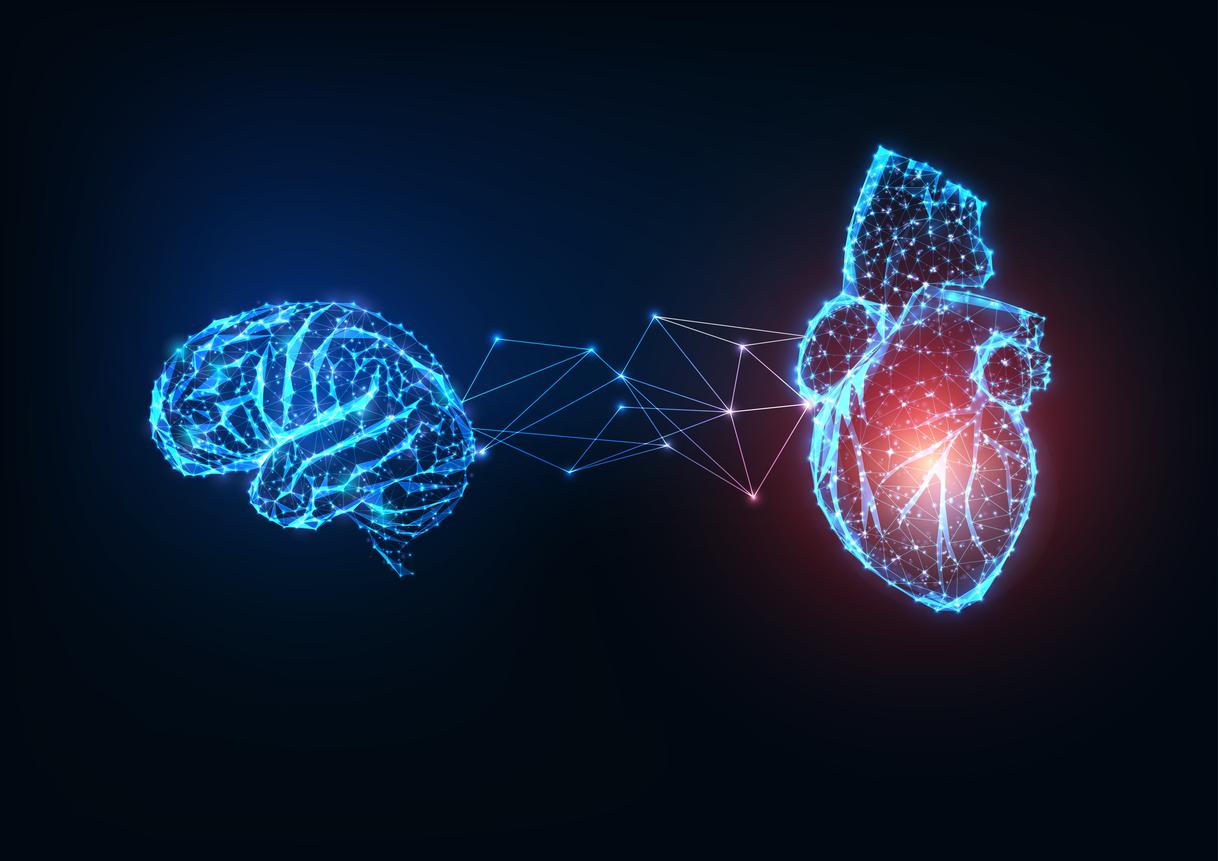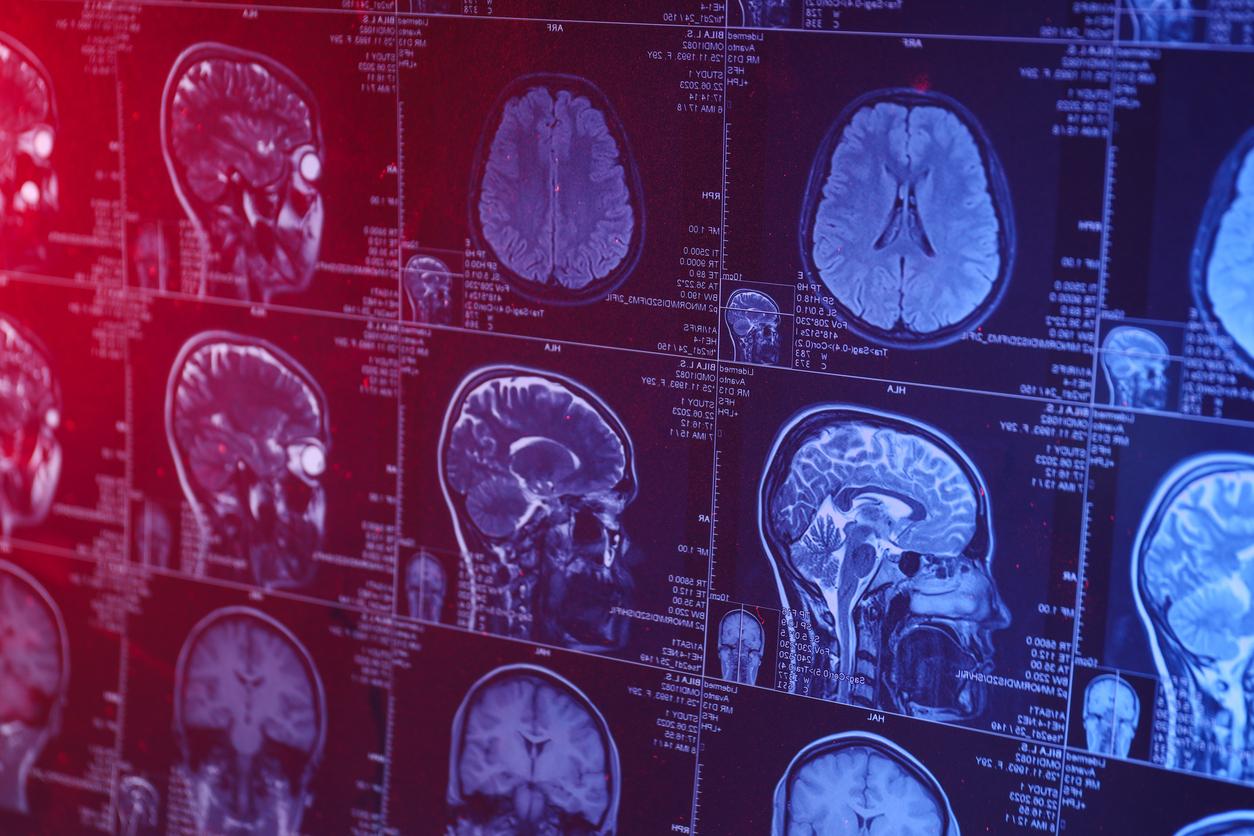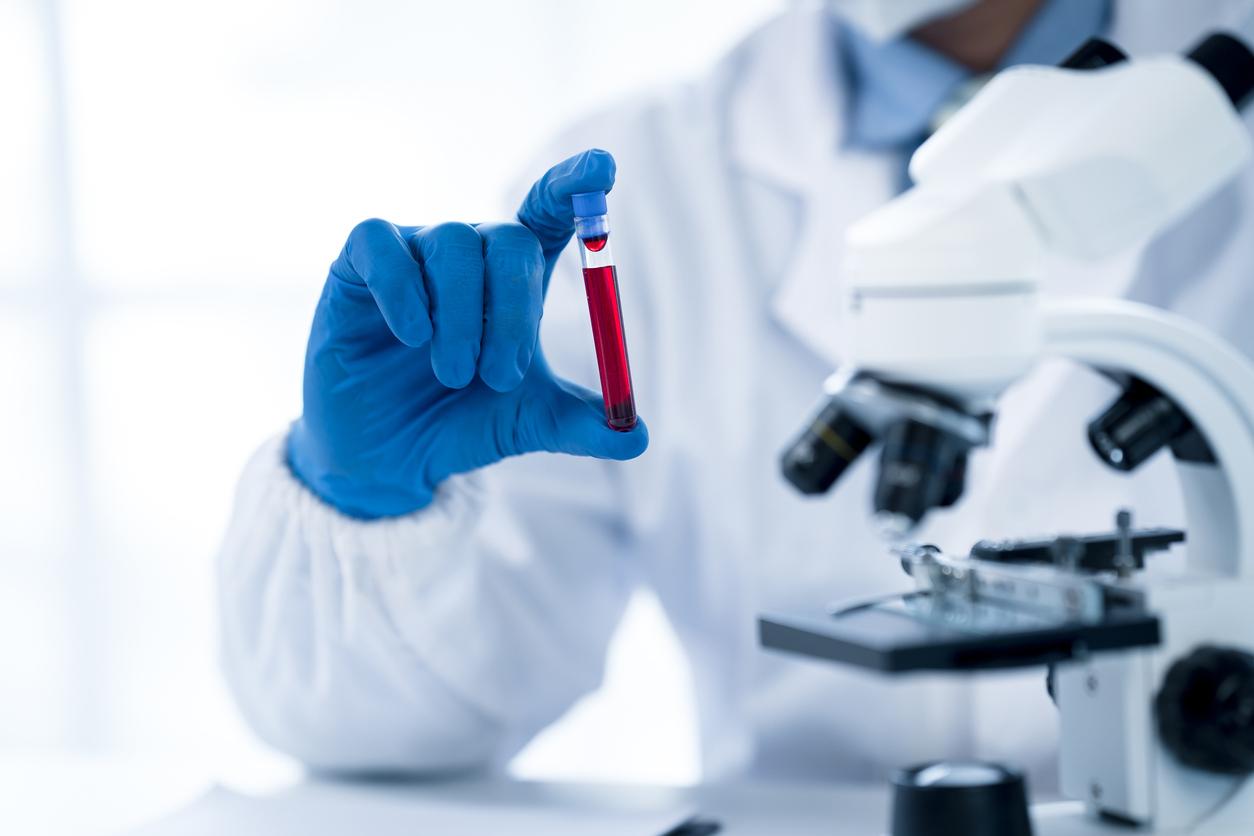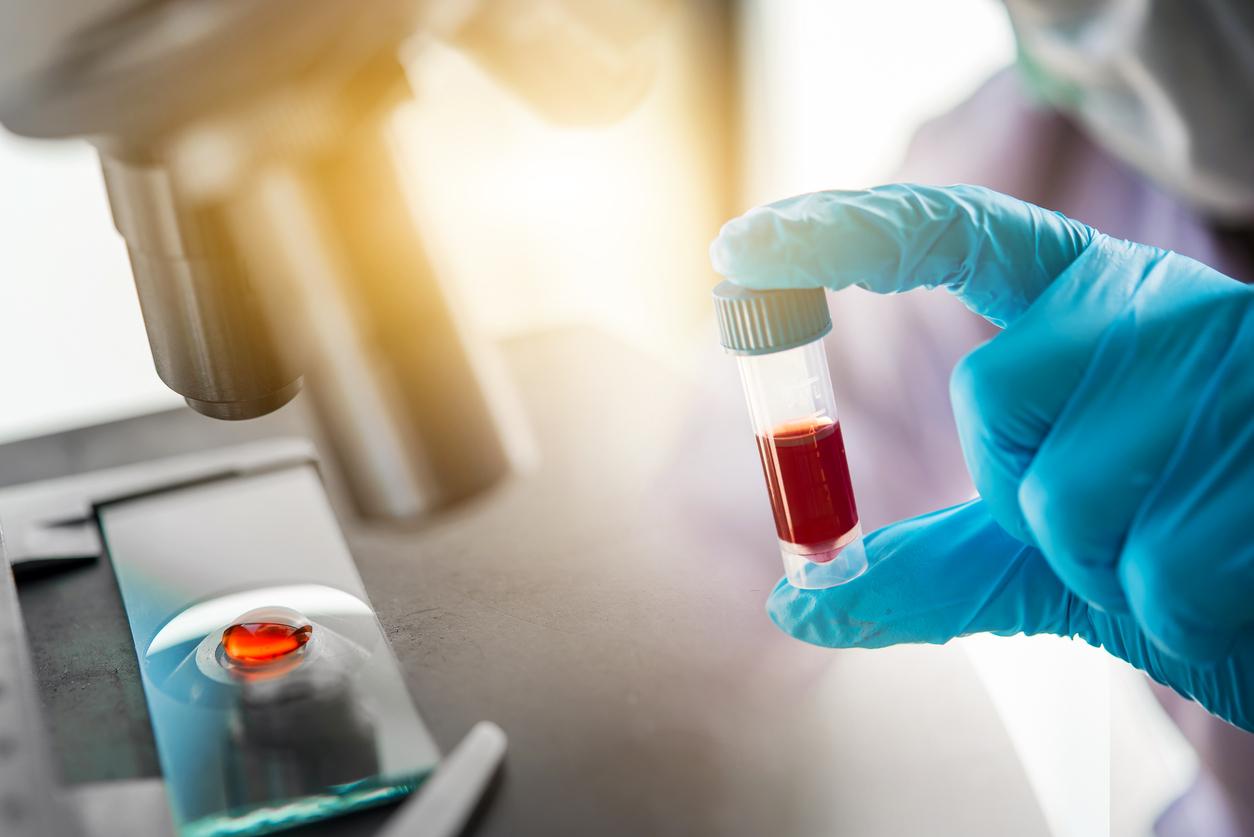Scientists have identified thirteen blood biomarkers associated with brain aging, paving the way for preventive treatments against neurodegenerative diseases.

- A study identifies thirteen blood proteins linked to brain aging, with marked variations at three key ages: 57, 70 and 78 years old.
- Among them, brevican (BCAN) and GDF15 are associated with disorders such as dementia or stroke.
- These proteins could serve as markers to detect brain changes early and prevent neurodegenerative diseases.
Our brain is aging more than ever, but its secrets are being revealed little by little. A team of researchers has just identified thirteen blood proteins specifically associated with brain aging, opening the way to potential interventions to prevent neurodegenerative diseases. Their work was published in the journal Nature Aging.
Why are we interested in brain aging?
With an increasingly older global population – more than 1.5 billion people will be 65 or older by 2050 – age-related cognitive disorders, such as dementia and particularly Alzheimer’s disease, are becoming increasingly today a public health issue. Current treatments remain limited, but a better understanding of brain aging could offer solutions for early diagnosis of disorders. Technologies such as brain imaging already make it possible to assess the biological age of the brain by measuring its volume or surface area.
But the scientific community is also exploring a less invasive method: the analysis of proteins present in the blood. This team of researchers analyzed data from nearly 11,000 healthy adults aged 45 to 82, and studied the concentration of 3,000 proteins in the plasma of 5,000 participants from the British Biobank. Thirteen proteins were found to be particularly correlated with brain aging. Among them, brevican (BCAN), a protein of the central nervous system, and GDF15 stand out for their links with pathologies such as dementia, strokes and even motor disorders.
Scientists have also observed that the concentrations of these proteins vary with the biological age of the brain in a non-linear manner, with three peaks marked at key ages: 57, 70 and 78 years. “These types of nonlinear fluctuations suggest important transitions in brain health at these specific stages of life”can we read in a press release.

Towards targeted interventions against neurodegenerative disorders
These findings pave the way for preventative approaches, according to the study. Identifying and monitoring these proteins could enable early interventions to slow brain aging or prevent neurodegenerative disorders. The researchers, however, point to limitations, with the data mainly coming from elderly people of European origin. Further work is needed to confirm these results in other populations and at various ages.

















